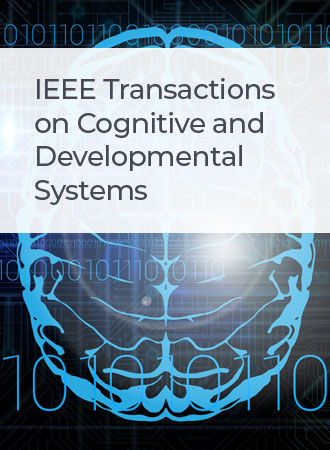MAVIDSQL: A Model-Agnostic Visualization for Interpretation and Diagnosis of Text-to-SQL Tasks
IF 4.9
3区 计算机科学
Q1 COMPUTER SCIENCE, ARTIFICIAL INTELLIGENCE
IEEE Transactions on Cognitive and Developmental Systems
Pub Date : 2024-04-18
DOI:10.1109/TCDS.2024.3391278
引用次数: 0
Abstract
Significant advancements in semantic parsing for text-to-SQL (T2S) tasks have been achieved through the employment of neural network models, such as LSTM, BERT, and T5. The exceptional performance of large language models, such as ChatGPT, has been demonstrated in recent research, even in zero-shot scenarios. However, the inherent transparency of T2S models presents them as black boxes, concealing their inner workings from both developers and users, which complicates the diagnosis of potential error patterns. Despite the fact that numerous visual analysis studies have been conducted in natural language processing communities, scant attention has been paid to addressing the challenges of semantic parsing, specifically in T2S tasks. This limitation hinders the development of effective tools for model optimization and evaluation. This article presents an interactive visual analysis tool, MAVIDSQL, to assist model developers and users in understanding and diagnosing T2S tasks. The system comprises three modules: the model manager, the feature extractor, and the visualization interface, which adopt a model-agnostic approach to diagnose potential errors and infer model decisions by analyzing input–output data, facilitating interactive visual analysis to identify error patterns and assess model performance. Two case studies and interviews with domain experts demonstrate the effectiveness of MAVIDSQL in facilitating the understanding of T2S tasks and identifying potential errors.MAVIDSQL:用于解释和诊断文本到 SQL 任务的模型诊断可视化工具
通过采用神经网络模型(如 LSTM、BERT 和 T5),文本到 SQL(T2S)任务的语义解析取得了重大进展。大型语言模型(如 ChatGPT)的卓越性能已在最近的研究中得到了证明,甚至在零镜头场景中也是如此。然而,T2S 模型固有的透明性使其成为黑盒子,对开发人员和用户都隐藏了其内部工作原理,这使得对潜在错误模式的诊断变得更加复杂。尽管自然语言处理界已经开展了大量的可视化分析研究,但很少有人关注语义解析的挑战,特别是在 T2S 任务中。这一局限性阻碍了用于模型优化和评估的有效工具的开发。本文介绍了一种交互式可视化分析工具 MAVIDSQL,以帮助模型开发人员和用户理解和诊断 T2S 任务。该系统由三个模块组成:模型管理器、特征提取器和可视化界面,它们采用了一种与模型无关的方法,通过分析输入输出数据来诊断潜在错误和推断模型决策,促进交互式可视化分析,以识别错误模式和评估模型性能。两个案例研究和与领域专家的访谈证明了 MAVIDSQL 在促进对 T2S 任务的理解和识别潜在错误方面的有效性。
本文章由计算机程序翻译,如有差异,请以英文原文为准。
求助全文
约1分钟内获得全文
求助全文
来源期刊

IEEE Transactions on Cognitive and Developmental Systems
Computer Science-Software
CiteScore
7.20
自引率
10.00%
发文量
170
期刊介绍:
The IEEE Transactions on Cognitive and Developmental Systems (TCDS) focuses on advances in the study of development and cognition in natural (humans, animals) and artificial (robots, agents) systems. It welcomes contributions from multiple related disciplines including cognitive systems, cognitive robotics, developmental and epigenetic robotics, autonomous and evolutionary robotics, social structures, multi-agent and artificial life systems, computational neuroscience, and developmental psychology. Articles on theoretical, computational, application-oriented, and experimental studies as well as reviews in these areas are considered.
 求助内容:
求助内容: 应助结果提醒方式:
应助结果提醒方式:


